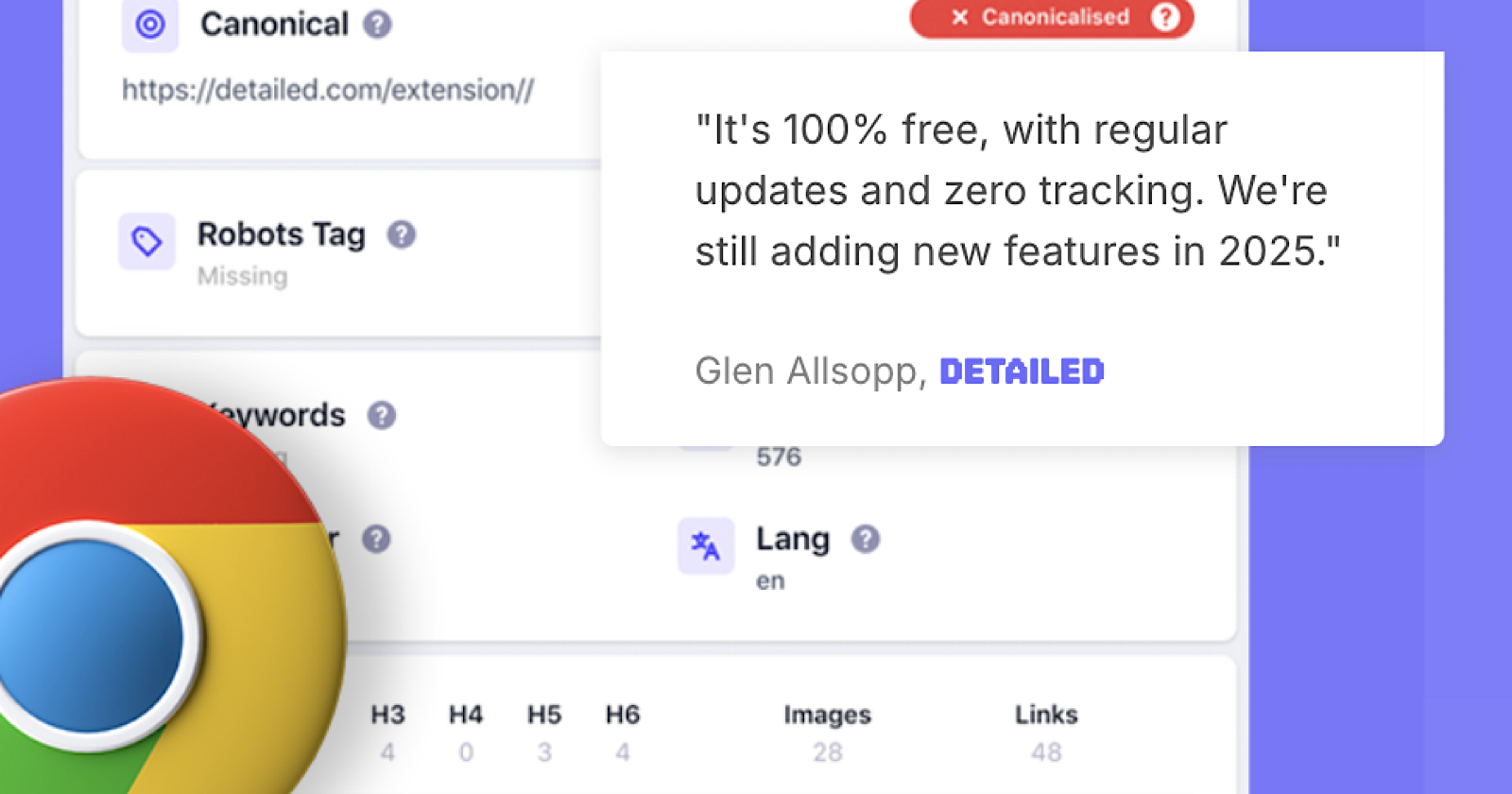Medical health experts the latest to sound alarm over AI development
A group of medical health experts is the latest to call for a pause on AI development until effective regulation can be put in place to ensure its safe use.
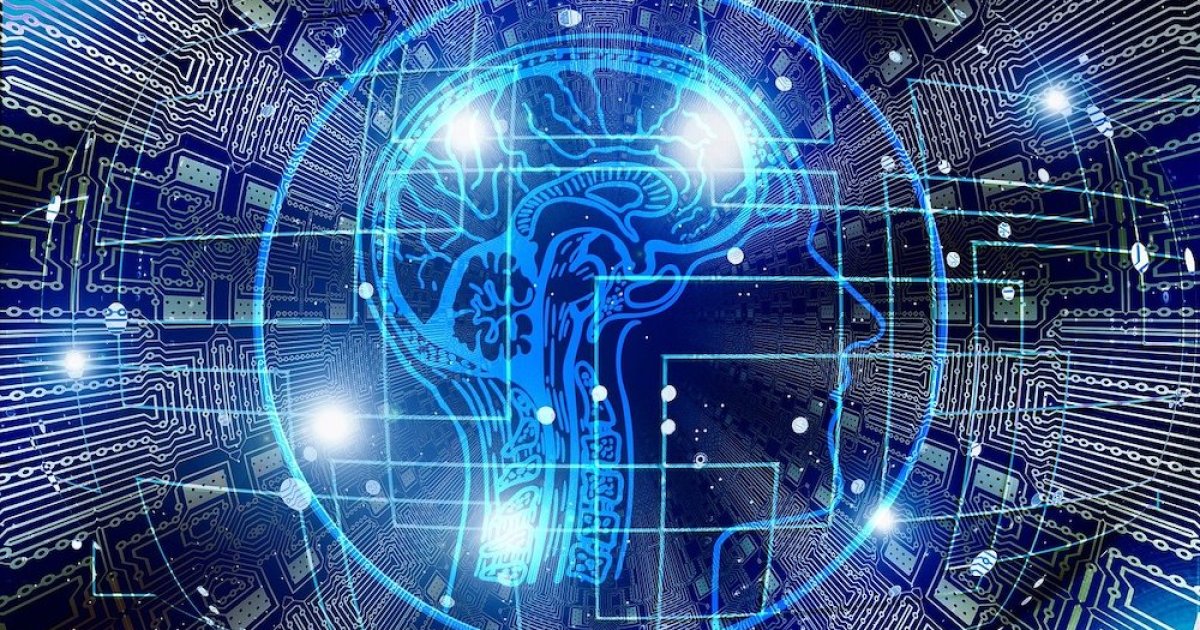
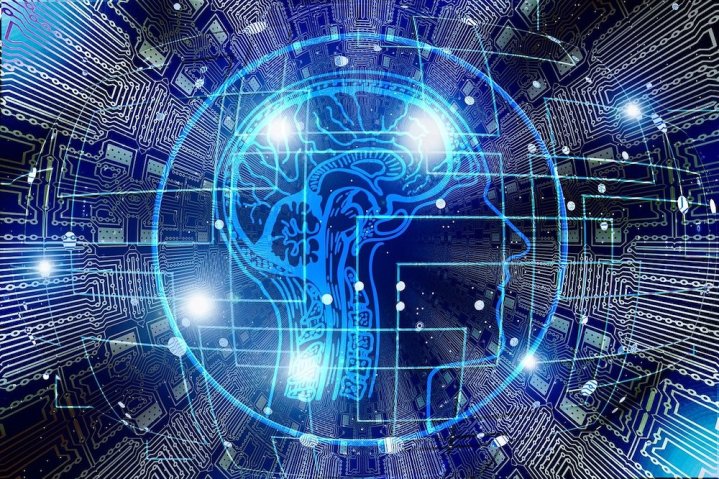 Pixabay/CC0 Content
Pixabay/CC0 ContentAn international group of doctors and medical health experts is the latest to call for artificial intelligence (AI) to be regulated, saying that it “poses a number of threats to human health and well-being,” and claiming that the “window of opportunity to avoid serious and potentially existential harms is closing.”
The analysis follows other recent warnings from prominent tech figures who include Geoffrey Hinton, the so-called “godfather of AI,” and a group of experts who were among 1,000 signatories of a letter that called for a suspension on AI development until a set of rules can be established to ensure its safe use.
The latest warning comes in an article written by health professionals from the U.S., U.K., Australia, Costa Rica, and Malaysia, which was published online by BMJ Global Health this week.
The team highlighted three ways in which it believes AI poses a threat to human health, citing the “control and manipulation of people, use of lethal autonomous weapons, and the effects on work and employment.”
It goes on to look at how it believes that a more advanced version of AI technology “could threaten humanity itself.”
The article begins by noting how AI-driven systems are becoming increasingly used in society, organizing and analyzing huge amounts of data, but warned that it can be a potent tool for political candidates to “manipulate their way into power,” citing cases of AI-driven subversion of elections, including in the 2016 U.S. election.
“When combined with the rapidly improving ability to distort or misrepresent reality with deepfakes, AI-driven information systems may further undermine democracy by causing a general breakdown in trust or by driving social division and conflict, with ensuing public health impacts,” the article said.
It also noted how AI is being increasingly used in military and defense systems, with the “dehumanization of human warfare” having a myriad of consequences for human health as weapons become more sophisticated and easier to deploy.
The article also discusses how AI may one day replace countless jobs, noting that unemployment is known to be strongly associated with adverse health outcomes.
Finally, it touches on the nightmare scenario where AI becomes so advanced that it could pose a threat to humanity.
“We are now seeking to create machines that are vastly more intelligent and powerful than ourselves,” the article said. “The potential for such machines to apply this intelligence and power –whether deliberately or not — in ways that could harm or subjugate humans is real and has to be considered.”
While the article acknowledges that AI has many potential beneficial uses, it said there is also much to be concerned about as the technology rapidly advances.
The team concluded that effective regulation of the development and use of AI is needed “to avoid harm,” adding: “Until such effective regulation is in place, a moratorium on the development of self-improving artificial general intelligence should be instituted.”
Editors' Recommendations
ChatGPT tried to pass a college exam and it didn’t go well Slack GPT: attend meetings, summarize messages, and more The best apps powered by GPT-4 OpenAI threatens lawsuit over student GPT-4 project, forgets you can use it for free Microsoft has a new way to keep ChatGPT ethical, but will it work?![]()
Not so many moons ago, Trevor moved from one tea-loving island nation that drives on the left (Britain) to another (Japan)…
Stop using generative-AI tools such as ChatGPT, Samsung orders staff
Samsung has told staff to stop using generative AI tools such as ChatGPT and Bard over concerns that they pose a security risk, Bloomberg reported on Monday.
The move follows a string of embarrassing slip-ups last month when Samsung employees reportedly fed sensitive semiconductor-related data into ChatGPT on three occasions.
‘Godfather of AI’ quits Google to speak more freely on concerns
Artificial intelligence pioneer Geoffrey Hinton surprised many on Monday when he revealed he'd quit his job at Google where he worked for the last decade on AI projects.
Often referred to as “the godfather of AI” for his groundbreaking work that underpins many of today's AI systems, British-born Hinton, now 75, told the New York Times that he has serious concerns about the speed at which the likes of Open AI with its ChatGPT tool, and Google with Bard, are working to develop their products, especially as it could be at the cost of safety.
Meta to introduce AI agents to ‘billions of people’
Meta chief Mark Zuckerberg said that recent advances in artificial technology present an “opportunity to introduce AI agents to billions of people in ways that will be useful and meaningful.”
The Zuck made the remarks during a call with investors on Wednesday following Meta’s release of company data for the first quarter.

 Lynk
Lynk 












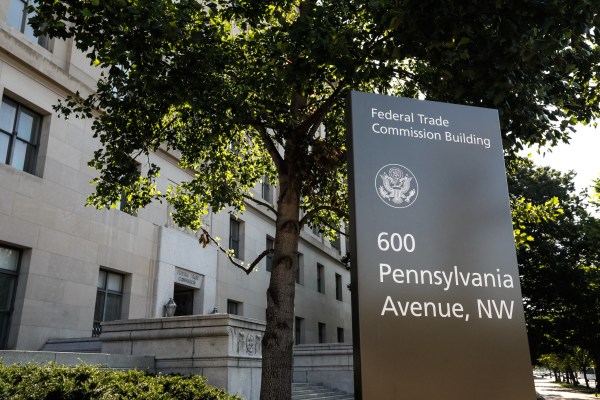
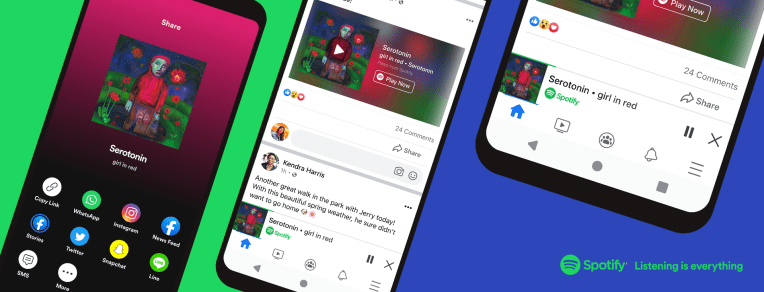
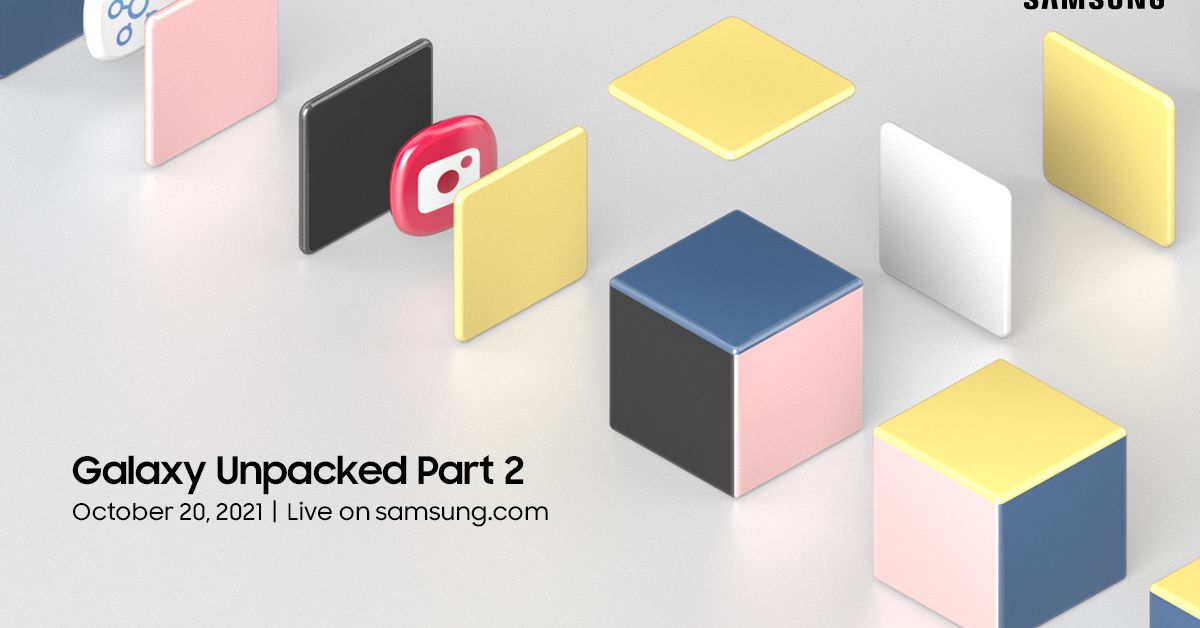













.jpg&h=630&w=1200&q=100&v=f776164e2b&c=1)

